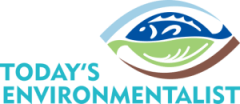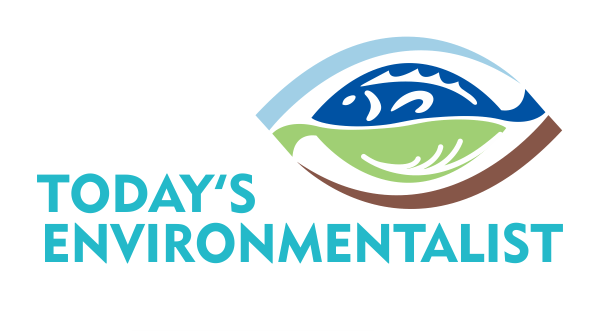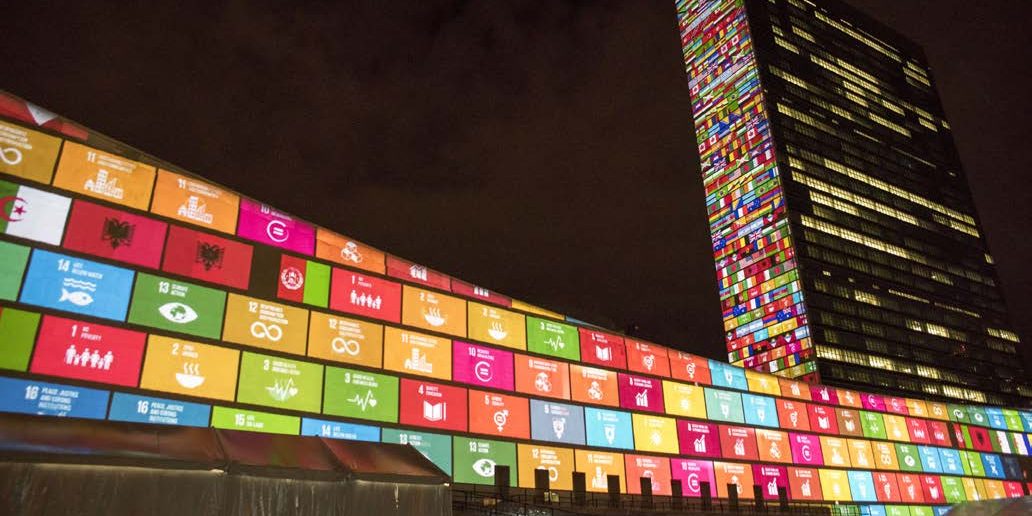The Republic of Korea, Singapore and Malta come out on top of biennial survey of growth in the wealth of nations, the preliminary findings of which were presented by UN Environment and partners on November 26 in Paris.
The Inclusive Wealth Report 2018, the full findings of which will be released in coming weeks, shows that while overall global wealth is rising, the increase for many countries comes at the expense of environmental assets, such as water, clean air, forests and biodiversity.
The report, curated by more than 200 economists from around the world, explores alternatives to using Gross Domestic Product (GDP) as a measure of a country’s wealth, saying that GDP measures the size of a country’s economy but not its underlying asset base. Instead, it uses inclusive wealth, which focuses on stocks of manufactured, human and natural capital.
By this measure, 44 of the 140 countries – more than a third – ranked in the report’s Inclusive Wealth Index have declined in inclusive wealth per head since 1998, even though GDP has increased in many of them.
“The health of an economy is drawn from the health of the environment,” said Pushpam Kumar, Senior Economic Advisor at UN Environment and coordinator of the report.
“To make the right choices that will keep us on a sustainable path, we have to be able to properly measure our progress. This report will equip policy-makers with the right numbers, so that they can make the right decisions to deliver results for generations to come.”
The report – which follows a report from the Intergovernmental Panel on Climate Change (IPCC) which found just 12 years remain to limit global warming to 1.5°C, and another from the latest Scientific Assessment of Ozone Depletion revealing a healing ozone layer, global warming reduction potential, and options for more ambitious climate action – reveals carbon damage as a share of inclusive wealth produces a stronger effect on small countries because their inclusive wealth tends not to be sufficiently large enough to absorb such shock. It adds in absolute terms, carbon damage is relatively large in high-income countries.
By allowing countries to measure their holistic wealth stock comprising manufactured, human and natural capital, countries can then observe their peaks and troughs over time, mapping out a means for navigating future development endeavors and doing so sustainably.
About the Inclusive Wealth Report 2018
The Inclusive Wealth Report is a biennial report that seeks to evaluate and report on a country’s wealth and wellbeing through the Inclusive Wealth index, a tool assessing a nation’s ability to look after its wealth in a way that is sustainable and safeguards its future generations. It does this through tracking the progress of 140 countries that make up the lion’s share of the global economy ($56.84 trillion) and population (almost 6.89 billion people).
About UN Environment
The United Nations Environment Programme (UN Environment) is the leading global environmental authority that sets the global environmental agenda, promotes the coherent implementation of the environmental dimension of sustainable development within the United Nations system, and serves as an authoritative advocate for the global environment. Its mission is to provide leadership and encourage partnership in caring for the environment by inspiring, informing, and enabling nations and peoples to improve their quality of life without compromising that of future generations.








